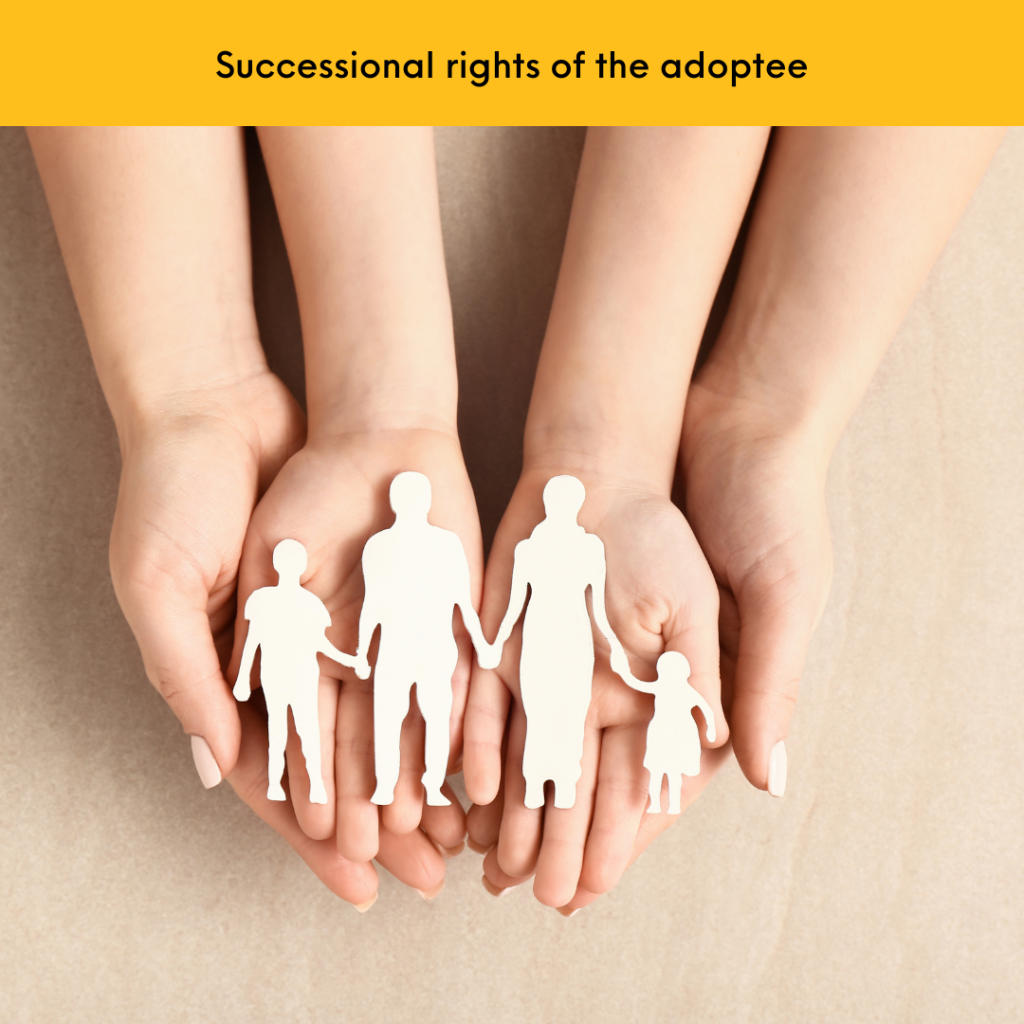
Published 5 June 2023, The Daily Tribune
Historically, common law succession was based on blood relationships. When the adoption of children was eventually permitted and recognized by statutes, foreign jurisdictions, the progenitor of our adoption laws, traditionally leaned towards consanguinity as the foundation of inheritance laws.
This legal viewpoint engendered the stranger-to-the-adoption doctrine based on the theory that the personal relationship created between the adoptive parents and the child did not automatically create the same legal status between the child and the relatives of the adoptive parents. The doctrine shaped the presumption that the adoptee is excluded from a class gift of a donor other than the adopter (Gerald L. Greene & Michael J. Schmitt, Note, The Dilemma of Adoptees in the Class Gift Structure-The Kentucky Approach). While the modern trend in adoption eventually created in foreign jurisdictions exceptions to the stranger-to-the-adoption doctrine, Philippine laws and jurisprudence straggled. R.A. 11642 or the Domestic Administrative Adoption and Alternative Child Care Act could be the great leap forward in our adoption laws. Or is it?
Section 43 of R.A. 11642 or the Domestic Administrative Adoption and Alternative Child Care Act states that in testate and intestate succession, the adopters and the adoptee shall have reciprocal rights of succession without distinction from legitimate filiations. Remarkably, it is a clear-cut reiteration of Section 18 of the old Domestic Adoption Law (R.A. 8552), but if we follow existing jurisprudence, it would seem that the limited intestate successional right of the adoptee persists.
For example, in the case of Sayson vs. Court of Appeals (G.R. 89224-25, 23 January 1992) the Supreme Court, applying the rule of exclusivity, held that while the adopted child shall be deemed to be a legitimate child and has the same right, it does not include the right of representation because the relationship created by the adoption is between only the adopting parents and the adopted child, and does not extend to the blood relatives of either party.
What markedly differentiates our current rule on adoption, however, when compared to the legal milieu upon which the cited jurisprudence was rendered is Section Section 41 of the new Adoption Law. The law expanded the legitimate filiation between the adopter and the adoptee to the adopter’s parents, legitimate siblings, and legitimate descendants.
Looking closely at the raison d’ etre of the Sayson decision, the adopted child was denied the right of representation because of the archaic rule that the “relationship created by the adoption is between only the adopting parents and the adopted child and does not extend to the blood relatives of either party.” With the inclusion of Section 41 in R.A. 11642 extending the legitimate filiation created between the adopter and the adoptee to the adopter’s parents, legitimate siblings, and legitimate descendants, the right of the adopted child in intestate succession should accordingly be improved in his/her favor, and in the words of the law, “without distinction from legitimate filiation.”
What seems to stand in the way, though, is the qualifying term “reciprocal” in the right of succession between the adopter and the adoptee. Ordinarily understood, reciprocal means mutual or requited. It suggests that the adoptee can inherit from the adopter, and vice versa. But should it also mean exclusive, as to exclude the right of the adoptee to inherit from the adopter’s parents, legitimate siblings, and legitimate descendants, especially when the law itself already explicitly extended the legitimate filiation to these adoptive relatives?
Exclusivity connotes limitation and restriction but it is not synonymous with reciprocity, and therefore, they should not be used interchangeably. Following this reasoning, and complementing Section 41 of the new adoption law, the adopted child should now be permitted to inherit ab intestato from the adopter’s parents, legitimate siblings, and legitimate descendants.
For more of Dean Nilo Divina’s legal tidbits, please visit www.divinalaw.com. For comments and questions, please send an email to cabdo@divinalaw.com.

